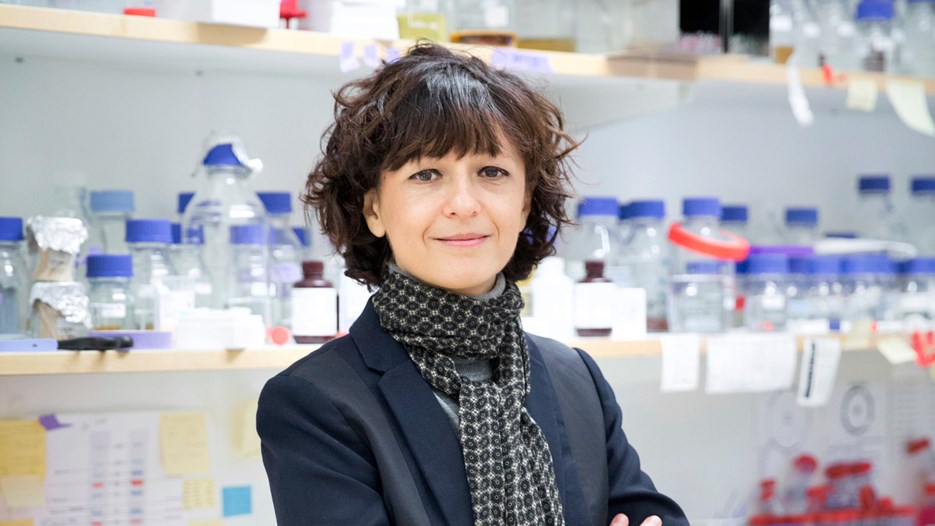Research in Umeå led to the Nobel Prize
Emmanuelle Charpentier was awarded the 2020 Nobel Prize in Chemistry for her discovery of the CRISPR-Cas9 genetic scissors – a discovery she made during her time as a researcher at the Department of Molecular Biology at Umeå University.


